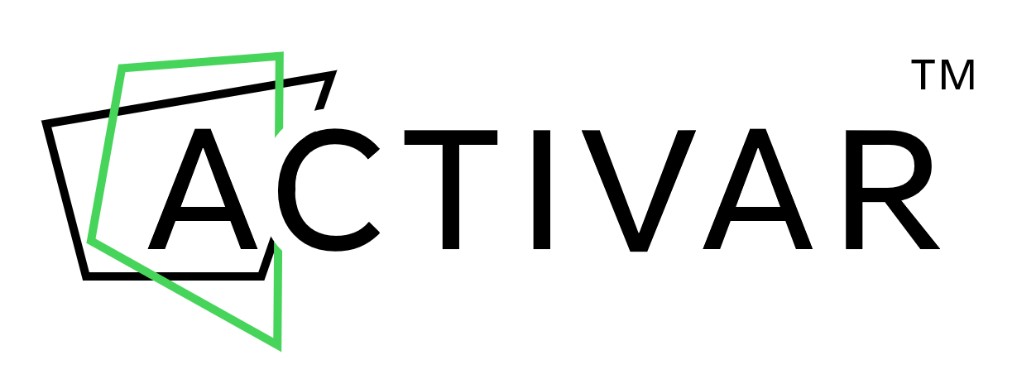The Ultimate Guide to EN71 & Its Vital Role In Child Safety
As a supplier of safety and activity equipment, we prioritize the safety and well-being of our customers, Understanding EN71 and Its Importance for Children’s Activity Equipment Manufacturers
As a manufacturer of children’s activity equipment, ensuring safety is one of the highest priorities. This is where EN71 plays a crucial role. It is a set of European standards designed to ensure that toys and other activity equipment designed for children meet specific safety criteria. For manufacturers like us, adhering to this standard is not only a legal requirement in many regions but also a mark of commitment to quality and child safety. Understanding what it is and why it is important can help our prospective customers, including retailers, schools, and caregivers, trust our products for their children’s safety and development.
What is EN71?
EN71 refers to a European set of toy safety standards that regulate the safety of toys sold within the European Union (EU). The standard ensures that toys, including children’s activity equipment, are safe for kids to use by addressing a variety of safety concerns, such as:
- Physical and mechanical properties – to ensure there are no sharp edges, loose parts, or any other physical risks that could harm children.
- Flammability – to make sure that materials used in toys and equipment do not easily catch fire.
- Chemical properties – ensuring that harmful chemicals such as lead, cadmium, and other toxic substances are not present in the materials used.
- Electrical safety – if the toy or equipment includes electrical components, EN71 ensures that it meets safety standards to prevent electrical hazards.
- Hygiene and cleanliness – especially important for equipment used by young children who often put things in their mouths. This part of the standard ensures that the materials used are non-toxic and easy to clean.
The EN71 standard is divided into several parts, each covering specific safety concerns:
- 1: Mechanical and Physical Properties – Addresses risks like choking hazards, sharp edges, and entrapment.
- 2: Flammability – Limits the flammability of materials, especially for toys intended for children under 36 months.
- 3: Migration of Certain Elements – Ensures harmful substances like heavy metals do not leach out from the toy during use.
- 4-12 – These parts cover various other safety elements, including electrical properties, chemical safety, and experimental sets.
Why is EN71 Important to Us as a Manufacturer?
As a manufacturer of children’s activity equipment, the EN71 standard is essential for several reasons that directly impact both our business and our customers.
1. Legal Compliance
In the European Union, it is mandatory that children’s toys and activity equipment comply with this standard. Selling non-compliant products can result in heavy penalties, product recalls, or even the closure of businesses. Since we operate in this market, it is crucial for legal compliance, allowing us to continue providing our products without risking sanctions or reputational damage.
2. Child Safety
Our primary responsibility is ensuring that the children who use our equipment are safe from harm. Whether it’s gym mats, soft furniture, or indoor play structures, children are naturally curious and playful, which can lead to accidents if the equipment is not safe. EN71 helps us create products that reduce risks like choking, suffocation, and exposure to hazardous chemicals, ensuring that children can use our equipment without unnecessary risks.
3. Consumer Trust and Brand Reputation
By adhering to EN71, we demonstrate that safety is a core aspect of our production process. This builds trust with our customers, whether they are parents, schools, or daycare centers. When they see that our products meet EN71 standards, they are more likely to trust the quality and safety of our equipment. This trust translates into stronger brand loyalty, positive word of mouth, and repeat business.
4. Global Recognition and Market Access
EN71 compliance is not only important in the European Union. Many countries outside of the EU also recognize and accept products that meet these safety standards. For example, in markets such as the UK, Switzerland, and other parts of the world, compliance with EN71 opens up more opportunities for market expansion. In addition, EN71 is often considered a benchmark for quality, meaning that even non-EU countries view products that meet these standards as high-quality and safe.
5. Reducing Liability
As a manufacturer, adhering to EN71 helps us mitigate risks associated with liability. If a child were to be harmed while using a non-compliant product, the company would be held accountable, which could result in legal action. By following EN71, we protect ourselves from such situations, as our products are tested and certified to meet rigorous safety standards.
6. Innovation and Product Improvement
EN71 encourages manufacturers to be innovative in designing safer products. It drives us to constantly evaluate the materials, designs, and production methods we use. For example, part of EN71 deals with reducing the flammability of materials used in children’s equipment. By following these guidelines, we are pushed to explore new, safer materials or processes that can help enhance the safety and quality of our products. This pursuit of innovation not only keeps us compliant but also ahead of the competition.
How EN71 Benefits Our Customers
For our customers—whether they are parents, childcare providers, or retailers—EN71 offers several advantages:
- Peace of Mind: Knowing that the children’s equipment they purchase has undergone rigorous testing means that parents and educators can trust that the products are safe.
- Healthier Environment: EN71 ensures that materials are free from harmful chemicals, contributing to a healthier environment for children to play and learn.
- Durability and Reliability: Because EN71 standards cover the physical and mechanical aspects of products, customers know that our products are durable and built to last, reducing the need for frequent replacements.
EN71 is not just a regulatory framework but a crucial aspect of product development and consumer assurance for manufacturers like us in the children’s activity equipment industry. It provides the foundation for creating safe, durable, and reliable products, giving parents and caregivers peace of mind. For us as manufacturers, EN71 compliance ensures we stay legally protected, uphold our reputation, and remain competitive in the marketplace, all while contributing to the well-being of children who use our equipment.
To find out more about other areas of compliance we focus on, take a look at the following article:
To read the BSI consumers guide to EN71, follow the below link:

